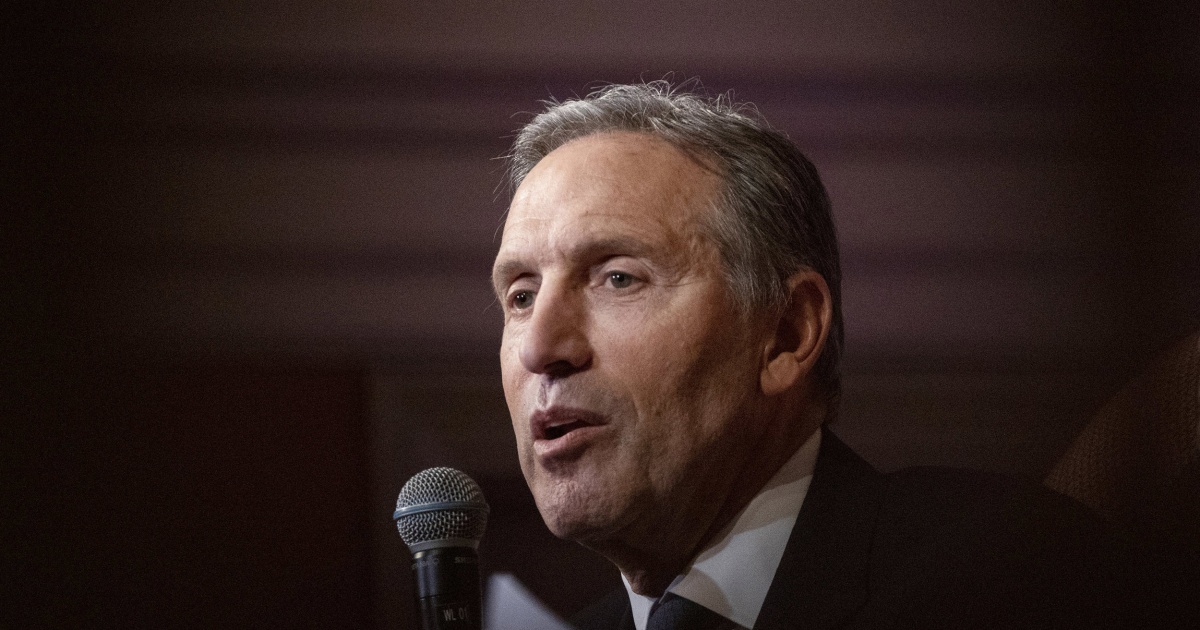Tom Paine 1949
Diamond Member
- Mar 15, 2020
- 5,407
- 4,513
- 1,938
“Why wouldn't it work in presidential elections within the electoral college system?” asks XponentialChaos. A good question.Ranked choice voting is indeed an excellent reform, which can be adopted for many positions. It requires changes in state voting laws and an investment in new voting machines, re-education of voters, etc. It cannot today be applied to Presidential elections (the Electoral College gets in the way) but it can work well in party primaries. Many cities use ranked choice voting, and it can be adopted most everywhere in state elections. I contribute every year to an organization that is leading the fight for this reform across the nation: www.fairvote.org
Why wouldn't it work in presidential elections within the electoral college system?
In theory, but not practice, RCV in the Electoral College might work under exceptional circumstances, but states have almost unlimited Constitutional rights to choose electors by whatever method they select. They can decide to have all electors chosen by the Governor, or state legislature ... even without any presidential election at all!
The present “winner take all” method of choosing electors after a popular vote in each state is one that simply evolved (to the chagrin of most Founders), but as you may know it is still not practiced in Maine and Nebraska. Without a Constitutional amendment abolishing the College or radically reworking the selection of its members, the (majority party) professional politicians in each state would, as now, have no incentive to compromise.
The effort to make winning a national popular vote decisive (instead of the Electoral College vote) is what claims most attention today. Without a Constitutional Amendment (most difficult to imagine in the present) most attention has centered on the “National Popular Vote Compact,” which would still not prevent a candidate in a three-way race from winning the Presidency with merely a plurality of votes. The National Compact for a Popular Vote does not include a RCV. There is some new talk about trying to get “swing states” to adopt RCV in choosing electoral college voters. Some discussion is here: Want to Fix Presidential Elections? Here’s the Quickest Way.
My own feeling is that short of the Republicans experiencing a dramatic loss despite winning the popular vote (as Democrats have experienced twice in recent times) there will be little serious movement on this front. So for now it is unlikely that any progress will be made except in popularizing RCV on local and state levels first.
Another article: If we’re abolishing the Electoral College, let’s also have ranked-choice voting for president
Again, no electoral reform will solve all the problems that may arise. RCV, for example, does not address the issue of money in politics, as in Citizens United.
Last edited:



